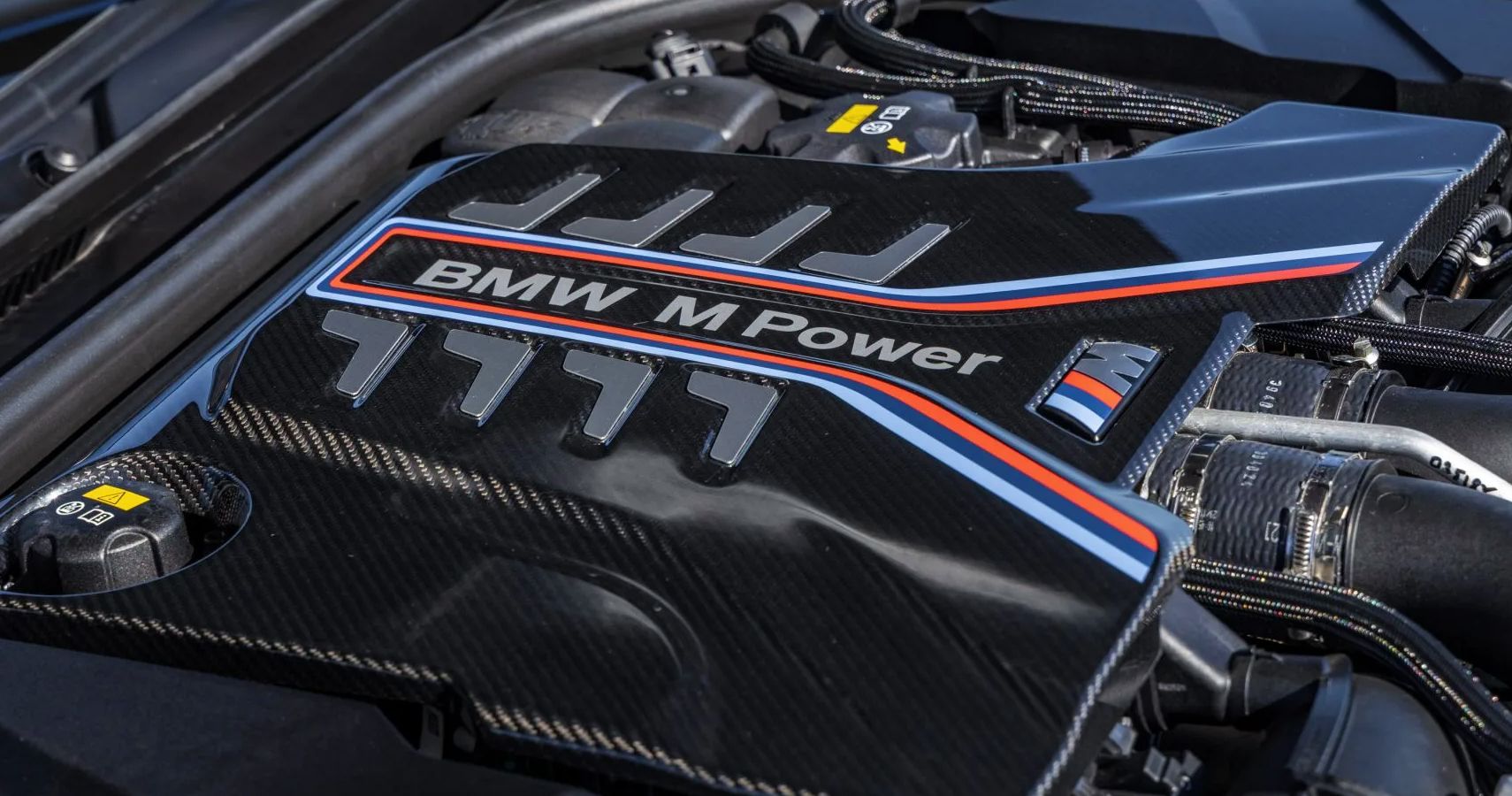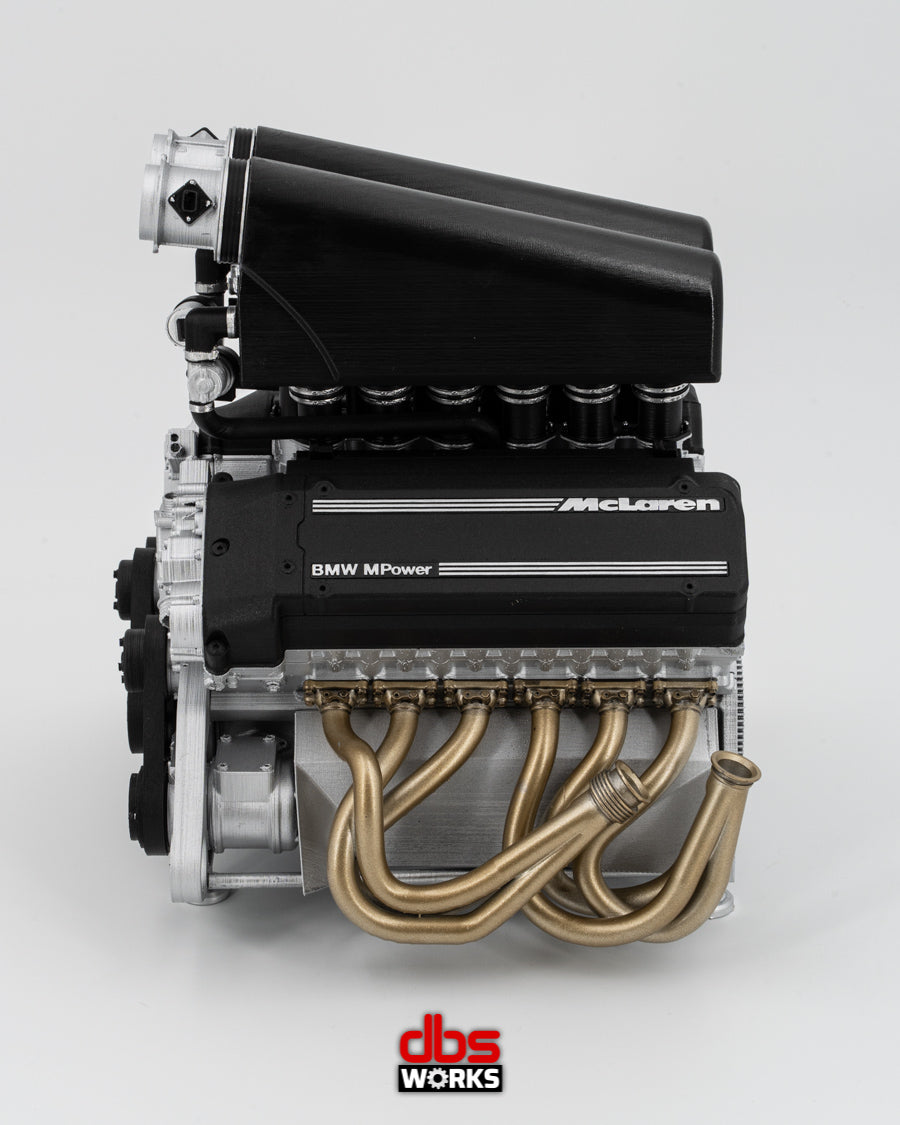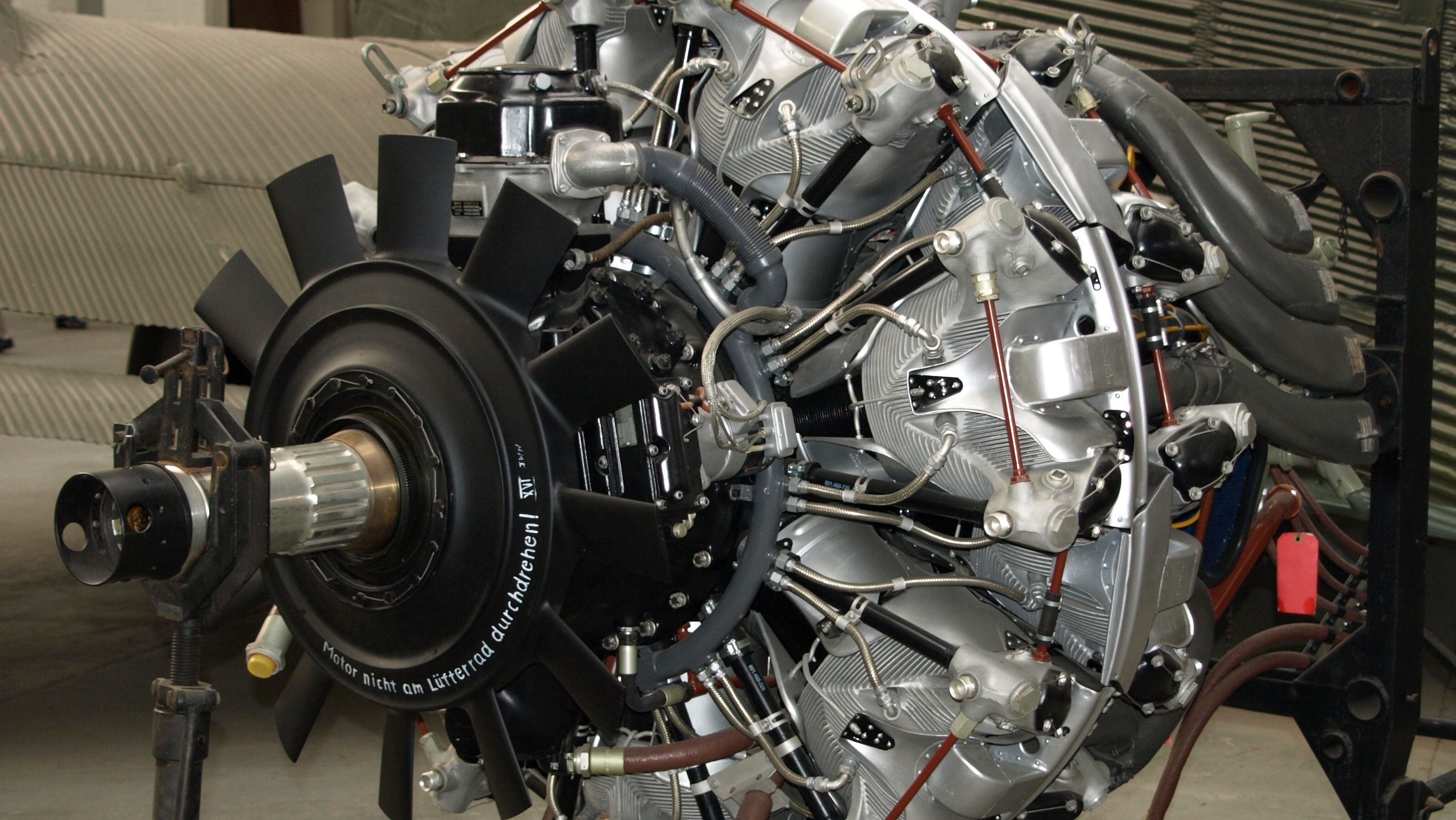How to Maintain Your BMW Engine for Ideal Performance and Durability
How to Maintain Your BMW Engine for Ideal Performance and Durability
Blog Article
Unveiling the Intricacies of Next-Generation Power Units: a Deep Study Advanced Engine Layouts and Developments
In the realm of vehicle design, the unrelenting quest of sustainability, performance, and performance has actually thrust the advancement of power devices to extraordinary elevations. As we stand on the precipice of a brand-new era in transportation, the intricacies of next-generation engine styles beckon us to discover the cutting-edge modern technologies and developments that guarantee to redefine the driving experience. From sophisticated materials that press the limits of toughness and weight reduction to sophisticated turbocharging and turbo charging systems that raise power output to brand-new degrees, each part of these power devices holds a crucial to unlocking the future of auto design. Diving much deeper into the worlds of discharge control, intelligent engine monitoring systems, and the horizon of power device advancement, we find ourselves on the cusp of a makeover that guarantees to improve the landscape of movement as we know it.
Advancement of Engine Materials

The change in the direction of advanced engine products has actually likewise enabled engineers to create engines with greater power results while keeping fuel effectiveness criteria. The use of lightweight materials reduces the general weight of the engine, leading to enhanced gas economic situation and reduced exhausts. In addition, advancements in products modern technology have enabled better thermal management within engines, resulting in raised reliability and durability.
Turbocharging and Supercharging Technologies
Exactly How do Turbocharging and Supercharging Technologies transform engine efficiency and effectiveness in modern-day lorries? Supercharging and turbocharging are technologies that dramatically improve engine efficiency by enhancing the amount of air consumption into the burning chamber. Turbocharging accomplishes this by utilizing a turbine driven by exhaust gases to pressurize the consumption air, while supercharging makes use of a belt- or chain-driven compressor to accomplish the very same effect.
These technologies enable smaller sized, extra fuel-efficient engines to generate power equal to bigger ones, called downsizing. By forcing even more air into the cylinders, turbocharging and turbo charging boost combustion performance, resulting in raised horsepower and torque outcome without a substantial rise in engine size. This leads to much better velocity, lugging capability, and total driving performance.
Additionally, turbocharging and supercharging contribute to boosted fuel efficiency by enabling the usage of smaller engines that eat less gas under normal driving conditions - bmw engine. This combination of boosted performance and performance has made turbocharging and supercharging indispensable components of numerous modern-day engine styles
Discharge Control and Environmental Influence
With increasing global worries pertaining to air high quality and ecological sustainability, the execution of emission control technologies in automobiles plays a crucial function in reducing hazardous contaminants launched right into the ambience. Modern vehicles are furnished with innovative exhaust control systems that aid decrease the ecological influence of automobile operations. Catalytic converters, as an example, are developed to convert hazardous gases such as carbon monoxide gas, nitrogen oxides, and hydrocarbons into less dangerous compounds like co2 and water vapor.
Moreover, advancements in engine technology, such as the assimilation of exhaust gas recirculation systems and discerning catalytic great post to read reduction, have actually substantially added to decreasing exhausts. These modern technologies operate in tandem to enhance combustion effectiveness and minimize the launch of unsafe toxins into the air. Additionally, the development of hybrid and electric lorries stands for a critical action towards minimizing the total environmental footprint of the transport market.
Intelligent Engine Management Equipment

Additionally, these systems enable automobiles to fulfill rigid emissions criteria without jeopardizing efficiency, supplying a more eco-friendly driving experience. The combination of expert system and device understanding abilities in engine management systems continues to press the borders of what is possible, bring about further enhancements in effectiveness, dependability, and total automobile performance. bmw engine. As vehicle innovation developments, smart engine management systems will certainly play an important duty in forming the future of transportation in the direction of an extra reliable and lasting instructions
Future Trends in Power System Advancement
As intelligent engine management systems pave the way for enhanced control and optimization in modern vehicles, future trends in power unit development are poised to redefine the landscape of automotive propulsion technologies. These alternative power resources offer improved performance and efficiency while straightening with rigid environmental policies.
One more considerable trend is the integration of innovative products and producing techniques. Lightweight materials such as carbon fiber and aluminum are being made use of to minimize general car weight, enhancing fuel efficiency and efficiency. Furthermore, improvements in 3D printing and additive manufacturing are allowing the production of complex engine parts with higher precision and resilience.
Furthermore, artificial knowledge and equipment understanding are playing a critical function in optimizing power device performance. These modern technologies permit real-time tracking and flexible control, leading to a lot more dependable and reliable power delivery. On the whole, future trends in power device development are geared in the direction of efficiency, efficiency, and sustainability, driving the vehicle sector in the direction of a new period of propulsion innovations.

Verdict
Finally, the advancements in engine products, turbocharging, emission control, and smart administration systems have actually paved the see this website means for next-generation Home Page power systems. These developments have not only better performance and performance but additionally lowered environmental effect. As modern technology remains to evolve, future patterns in power device development are most likely to concentrate on further improving sustainability and optimizing power outcome. The detailed designs and technologies in contemporary engines display the recurring evolution of vehicle technology.
Checking out the progressive improvements in engine products has been essential in enhancing the performance and performance of contemporary engines. Over the years, the development of engine products has actually played an essential function in pressing the borders of what engines can achieve.The shift towards advanced engine materials has also allowed designers to make engines with greater power results while keeping gas performance criteria.The implementation of intelligent engine management systems in modern vehicles has transformed the method engines are regulated and enhanced for efficiency and performance. By collecting information in real-time and examining it with innovative formulas, smart engine management systems can adapt to driving styles, environmental variables, and engine wellness to make best use of power outcome while minimizing gas usage and exhausts.
Report this page